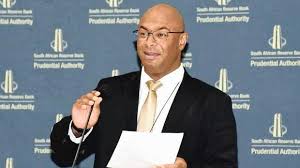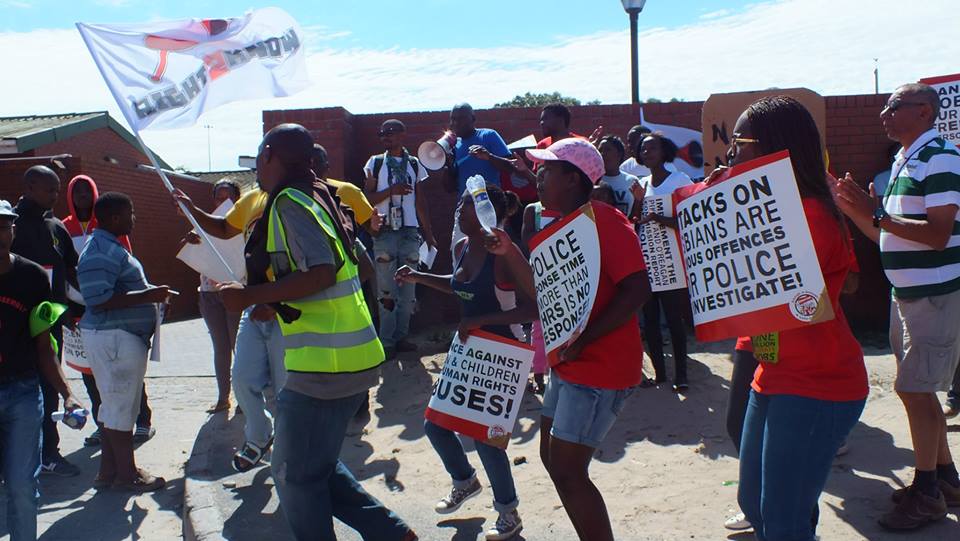This article below was published by Business Report
TECHNOLOGY / 14 AUGUST 2019, 11:00AM / KABELO KHUMALO

Reserve Bank deputy governor Kuben Naidoo last week said allocating new broadband spectrum could have an immediate boost on the country’s ailing economy and reduce the levels of unemployment. File Photo: IOL
JOHANNESBURG – Fitch Solutions, a unit of the Fitch Group, warned yesterday that it expected additional delays to the formation and time to market of the Wireless Open Access Network (Woan) in South Africa, owing to a lengthy vetting and licensing process for applicants.
The firm said in a research note that these delays would weigh on the speed with which operators would be able to acquire spectrum not assigned to the Woan, and begin to ease pressure on their networks.
“Moreover, we believe that the spectrum allocation process faces the risk of significant delays owing to factors such as stringent local ownership and empowerment requirements for the consortium to make up the Woan, which may limit the pool – and experience – of potential licensees,” Fitch Solutions said.
“Moreover, players are likely to be wary of the state’s involvement in the venture, owing to widespread instances of mismanagement of key state-owned institutions.”
Reserve Bank deputy governor Kuben Naidoo last week said allocating new broadband spectrum could have an immediate boost on the country’s ailing economy and reduce the levels of unemployment.
Vodacom, MTN and Cell C were the major beneficiaries when the government released 3G spectrum some 15 years ago. Vodacom and MTN control around 70 percent of the market
The government’s latest spectrum policy direction backed away from initial plans to claw back operators’ existing spectrum assets for use by the Woan.
It has now said it would reserve the upcoming preferential high-value frequencies for the Woan, with the remainder then being made available for allocation to other players.
Ofentse Dazela, director for pricing research at Africa Analysis, said for Woan to effectively compete with established market players and to break the concentration in the mobile sector, it would need to compete with larger mobile networks at an infrastructure level.
The government’s latest policy is in line with changes made to the Electronic Communications Act at the end of 2018 which is advocating for the increased participation of smaller businesses in the telecoms sector.
South Africa’s big mobile operators have for many years said the biggest obstacle impeding to the reduction of data prices is the fact that no new spectrum has been allocated in South Africa in more than 14 years.
The Right2Know Campaign said support for the Woan would also assist to leverage the competition between the bigger networks.
BUSINESS REPORT




